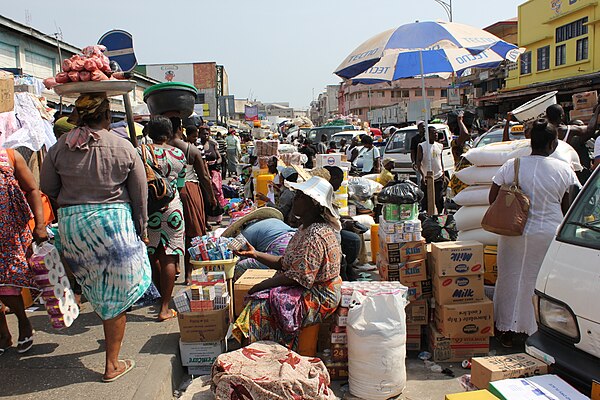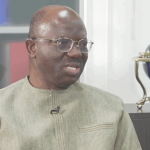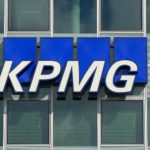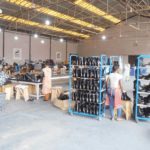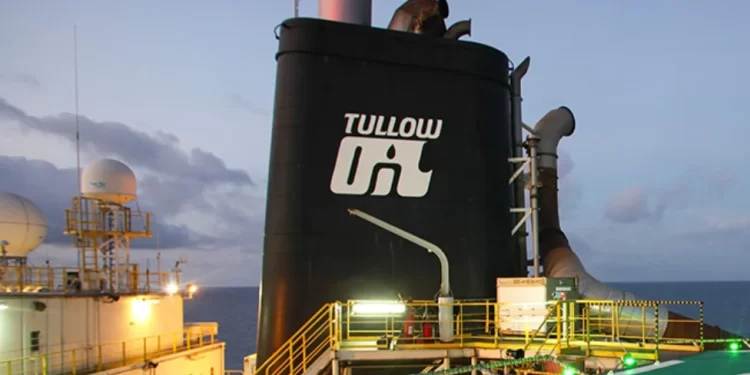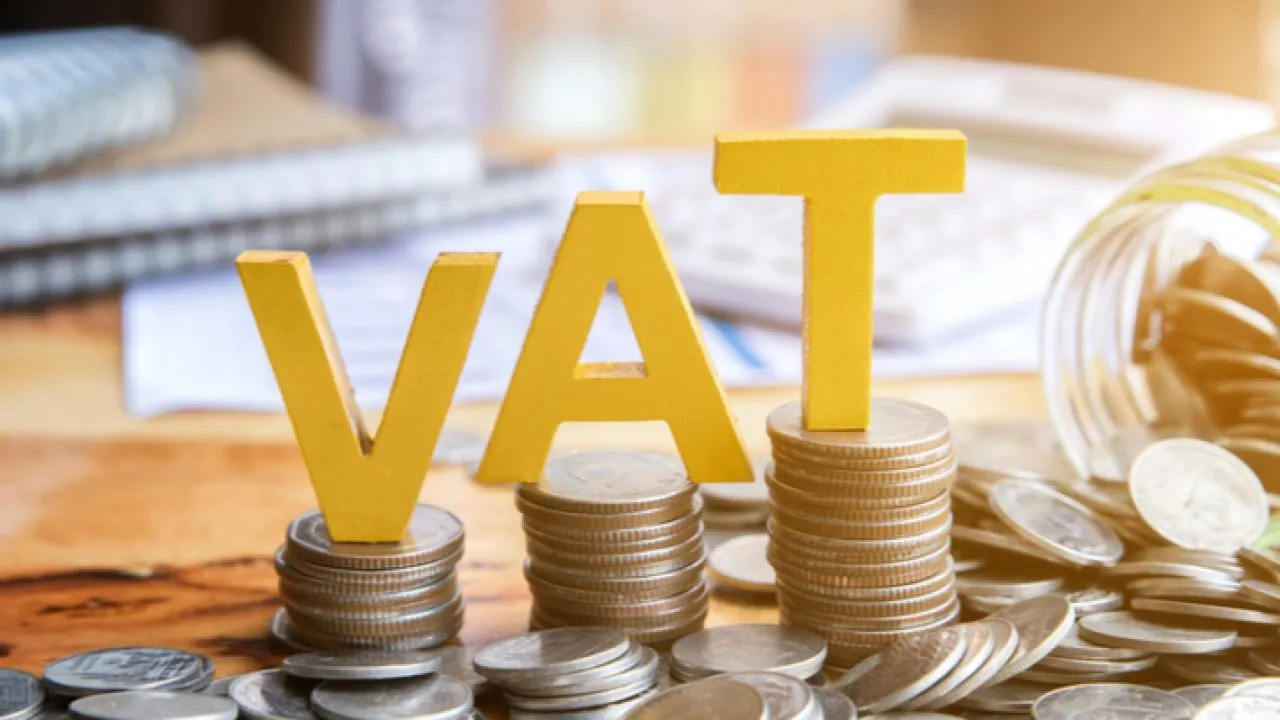Christmas is tomorrow (Wednesday, December 25) and as usual, market activity in the central district of Accra and other market centres in the city has come under the spotlight, with inflation casting a long shadow over consumer spending.
This year’s pre-Christmas market sales have been notably slower, reflecting the impact of the country’s rising inflation, which climbed to 23% in November 2024, the highest since May.
The surge, largely driven by food prices, has left many market vendors and buyers struggling with price hikes and reduced purchasing power.
A comparison of two major markets, Agbogbloshie in Greater Accra and Kasoa New Market in the Central Region, reveals significant price disparities for foodstuffs and livestock like goat, chicken and guinea fowl, as well as varying perspectives on the reasons behind these differences.
At Agbogbloshie: A slow start to christmas sales
At the bustling Agbogbloshie Market, vendors expressed concerns over slower-than-usual sales this holiday season.
Auntie Agnes, a poultry seller, reported that her broilers and layers have been moving sluggishly since early December.
She attributes this to the aftermath of the elections, which saw many residents travel to their hometowns to vote, leaving the capital less vibrant than usual.
“I brought these broilers and layers to the market on December 1, but sales have been slow ever since. I believe the elections are a factor because many people left Accra to vote and are likely to spend Christmas in their hometowns,” she said.
Salifu Ibrahim, a goat and sheep seller, pointed to inflation as a key factor in the market slowdown.
He attributed the decline in sales to inflation, stating that many people now prefer to buy chickens for Christmas as they are less expensive than goats and sheep.
“Prices of feed and other supplies have gone up, making it harder for us to lower prices for customers. Many people are now turning to chicken as a cheaper alternative for Christmas meals,” he said.
James Asare, another livestock seller at Accra, remains hopeful that the market will pick up as the holiday approaches, with many customers expected to make last-minute purchases.
However, he remains optimistic that customers will begin patronising him on Christmas Eve and Christmas Day.
“In my view, I don’t see people going around doing Christmas shopping like they did last year. Nowadays, many wait until the last minute to shop for Christmas, which might explain the slow market,” he said.
Broilers are selling for 130 to 150 cedis, layers for 100–120 cedis, and goats range between 1000 and 1200 cedis, depending on the size.
Kasoa new market: A tale of price increases and optimism
At the Kasoa New Market in the Central Region, poultry and livestock sellers reported similar challenges but with a slightly different outlook.
Akoko Wura (name withheld) from Kasoa New Market believes it’s still too early to conclude that the market is slow, but she expects a significant boost in sales starting from December 24.
She says an increase in poultry prices, compared to last year when broilers sold for 120 cedis and layers for 100 cedis.
While the elections have not impacted the market, she observed that people are yet to begin their shopping in earnest.
“Broiler prices are currently at 160 cedis while layers go for 150 cedis. We expect a major market pickup by the 24th of December, driven by factors other than the elections.”
Sherif Mohammed, another poultry farmer, agrees that pre-Christmas sales this year are slower compared to last year.
He attributes the decline to inflation, which has compelled him to raise prices. Currently, his broilers sell for 150 cedis, layers for 120 cedis and guinea fowl for 300 cedis.
Despite the price adjustments, he remains optimistic that sales will improve as Christmas draws closer.
“Inflation has forced us to increase the prices of the livestock we sell because the cost of animal feed has risen significantly. To sustain our operations, we had to adjust our prices. However, we believe the market isn’t slow because of this, but rather because things are generally more expensive this year compared to last Christmas.”
Price disparities
The price differences between Agbogbloshie and Kasoa reflect the broader challenges of inflation and logistics in Ghana.
Vendors at Agbogbloshie, closer to the urban centre, face higher operational costs, including transportation and storage, which they pass on to customers. In contrast, sellers at Kasoa benefit from proximity to farming communities, allowing for slightly lower prices.
With food inflation at 25.9% and non-food inflation also contributing to the cost of living, vendors across both markets are calling for government intervention to stabilise prices and reduce the financial burden on consumers.
As Christmas draws near, many remain hopeful that the festive spirit will overcome economic challenges and bring the much-needed boost to sales.


